APLE representatives joined the 2025 ASEAN ICT Forum on Child Online Protection under the theme ‘Empowering Children and Strengthening ASEAN’s Commitment to a Safer Digital Future’. Convened by Malaysia’s Ministry of Women, Family and Community Development and the Ministry of Communications, in collaboration with the ASEAN Commission on the Promotion and Protection of the Rights of Women and Children (ACWC) Malaysia and Thailand, and supported by UNICEF East Asia and Pacific Regional Office, the Forum brought together government representatives, industry leaders, and key stakeholders from 11 ASEAN members to drive coordinated action for children’s online safety.
Policy backdrop and momentum
ASEAN Heads of State adopted the Declaration on the Protection of Children from All Forms of Online Exploitation and Abuse in 2019. The Regional Plan of Action (RPA) 2021–2025 was endorsed in 2021, followed by the extended RPA 2026–2030 to guide national and regional implementation. This Forum advanced shared understanding, aligned priorities, and practical steps to accelerate action across the region.
Presentations, group work, and panel discussions examined rethinking access restrictions through young people’s perspectives to balance protection, participation, and well-being; lessons learned in designing and implementing legislation regulating access in ASEAN and beyond; and the role of online gender narratives in child abuse and gender-based violence
Key takeaways from our representatives:
Multi-stakeholder engagement: Stronger interaction, collaboration, and support across government, industry, civil society, and regional bodies are essential for effective solutions.
Child-centered co-creation: Prevention and response to OCSEA should be designed with and for children and young people, ensuring their voices shape policies and tools.
Cross-border coordination: Enhanced cooperation for victim identification, referrals, and case handling is critical to address transnational harms.
AI governance and child rights: Emerging AI policies must embed child rights safeguards, transparency, and accountability from design to deployment.
Our participation reflects an ongoing commitment to build staff capacity and contribute to regional collaboration that turns policy into practice. We thank Bread for the World Germany, Terre des Hommes Germany, and the World Childhood Foundation Sweden for supporting our meaningful engagement in the Forum.


